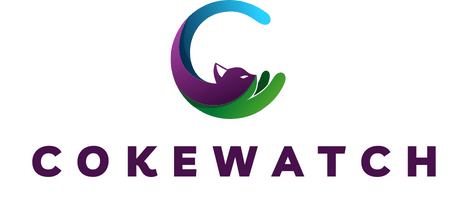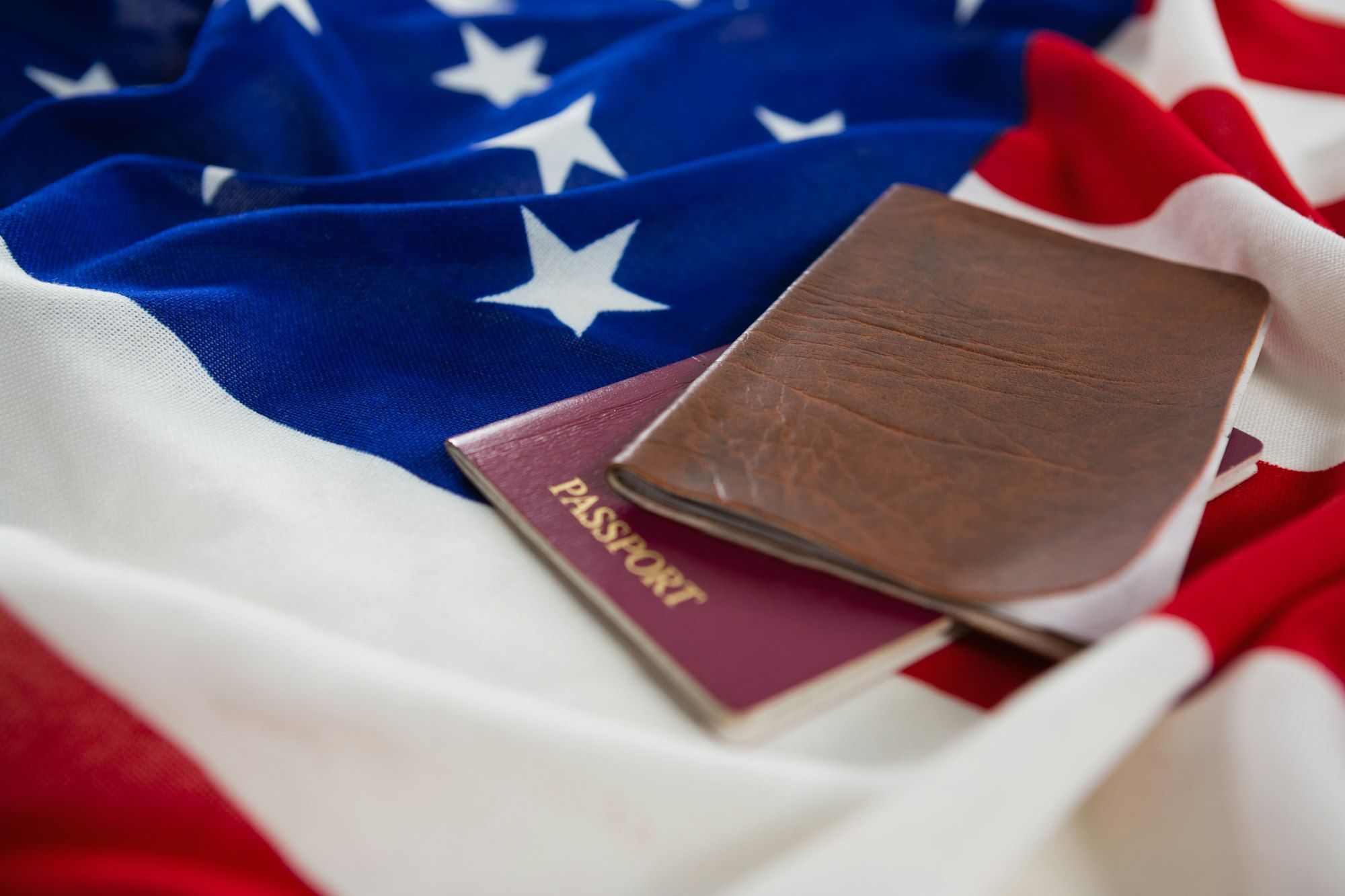After two decades of visa-free travel, Algeria’s recent decision to require Moroccans to apply for a classic visa marks a significant shift in bilateral relations. This announcement reflects ongoing tensions and underscores the complexities of North African politics. Understanding the implications of this policy change is essential, as it not only affects travel convenience but also impacts diplomatic ties and everyday interactions between citizens of the two nations. Dive into the details of the new visa requirements and what this means for Moroccans wishing to visit Algeria.
Overview of Visa Policy Changes
Algeria has recently announced significant visa changes affecting Moroccan citizens. These changes require Moroccans to apply for a classic visa, reversing a policy that allowed easier travel between the two nations for nearly two decades. The decision stems from Algeria’s allegations of “Zionist espionage,” claiming Israeli intelligence operatives are utilizing Moroccan passports to conduct activities that threaten Algerian security. This move is a reflection of the broader deterioration in Morocco-Algeria relations, marked by historical grievances and geopolitical tensions.
Also read : How to Install an LED Light Bar on a Land Rover Discovery for Enhanced Nighttime Off-Roading?
The historical context is essential to understanding these visa changes. For years, the relationship between Algeria and Morocco has been fraught with disputes, including the Western Sahara conflict and Morocco’s normalization of relations with Israel. Additionally, Algeria accuses Morocco of supporting the Movement for the Autonomy of Kabylie (MAK), further straining bilateral ties. These issues underscore the complex interplay of national security concerns and foreign policy decisions that have led to the reinstatement of classic visa requirements for Moroccans.
Visa Application Process for Moroccans
Navigating the Algeria visa application process is crucial for Moroccan citizens wishing to travel. To obtain a visa in passport to travel to Algeria, applicants must first gather the necessary documents. These include a valid passport, recent photographs, and proof of accommodation in Algeria. Additionally, a completed visa application form and a letter of invitation from an Algerian host are required.
Topic to read : How to Increase the Electrical Output of a Ford Transit’s Alternator for Extra Accessories?
Required Documents for Visa Application
Moroccans must ensure their passport is valid for at least six months beyond the intended stay. A detailed itinerary and proof of financial means to support the stay in Algeria are also needed.
Step-by-Step Guide to Applying for a Classic Visa
Begin by downloading and filling out the visa application forms from the official Algerian consulate website. Submit the completed form, along with all required documents, to the nearest Algerian consulate.
Visa Processing Times and Fees
Processing times can vary, typically taking several weeks. It’s advisable to apply well in advance. Fees depend on the visa type and duration, so check the consulate’s guidelines for the most accurate information.
Implications of the New Visa Policy
The recent visa policy change has profound implications for the political climate affecting travel between Algeria and Morocco. With the reinstatement of visa requirements, the dynamics of travel and tourism are expected to shift significantly. Algerian authorities anticipate a decline in Moroccan visitors, impacting local tourism industries reliant on cross-border travel.
For Moroccan citizens, the new visa rules present potential challenges. The process is more cumbersome, requiring additional documentation and longer processing times. This could deter casual travel and complicate plans for those with family or business ties in Algeria.
Public reactions are mixed, with some understanding the security concerns, while others criticize the move as exacerbating tensions. Government statements from both nations emphasize the need for security, yet they also highlight the strained relations that have led to these measures. As the situation unfolds, anticipated changes in travel patterns will likely reflect broader geopolitical dynamics, with regional stability hanging in the balance.











